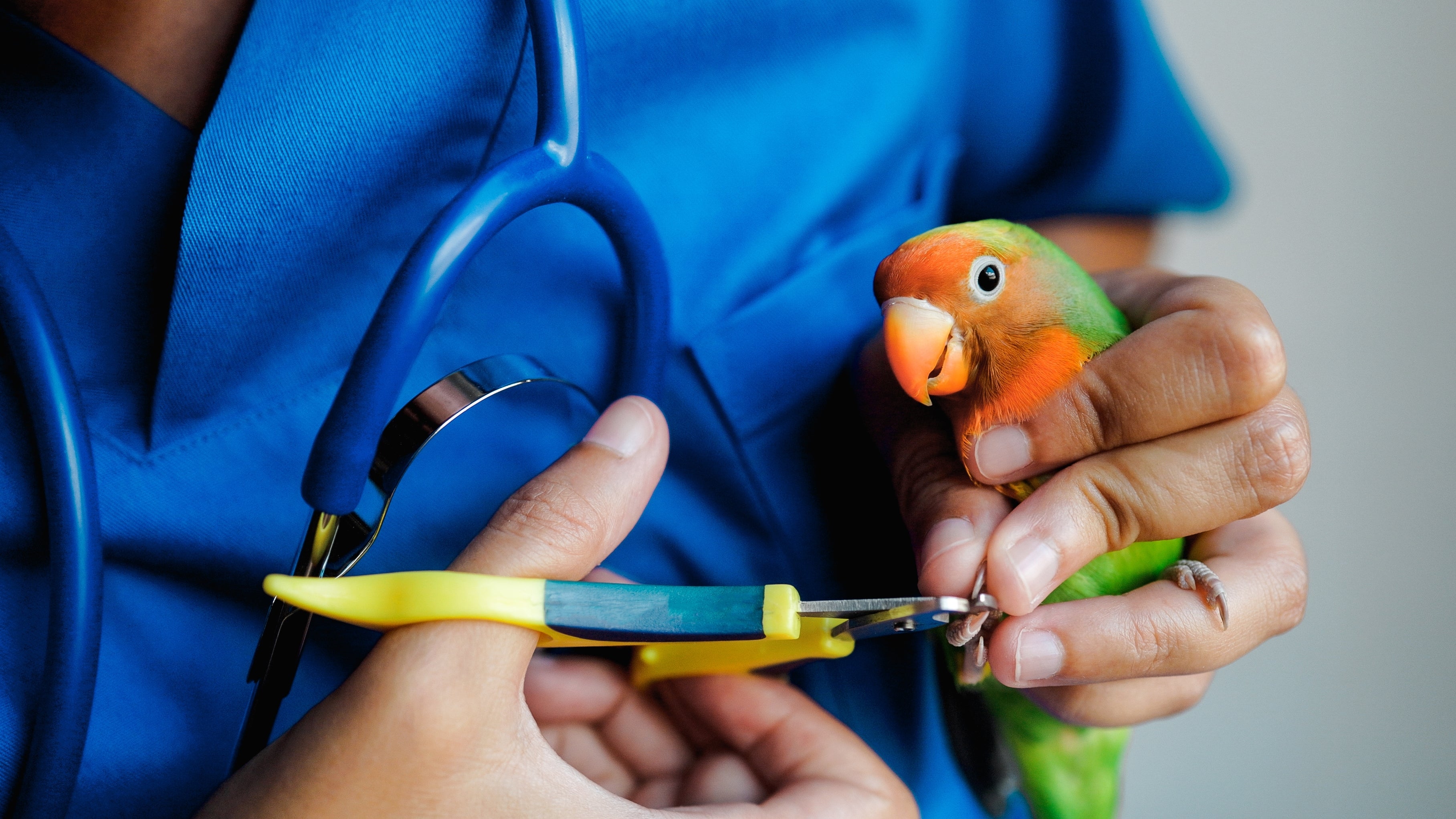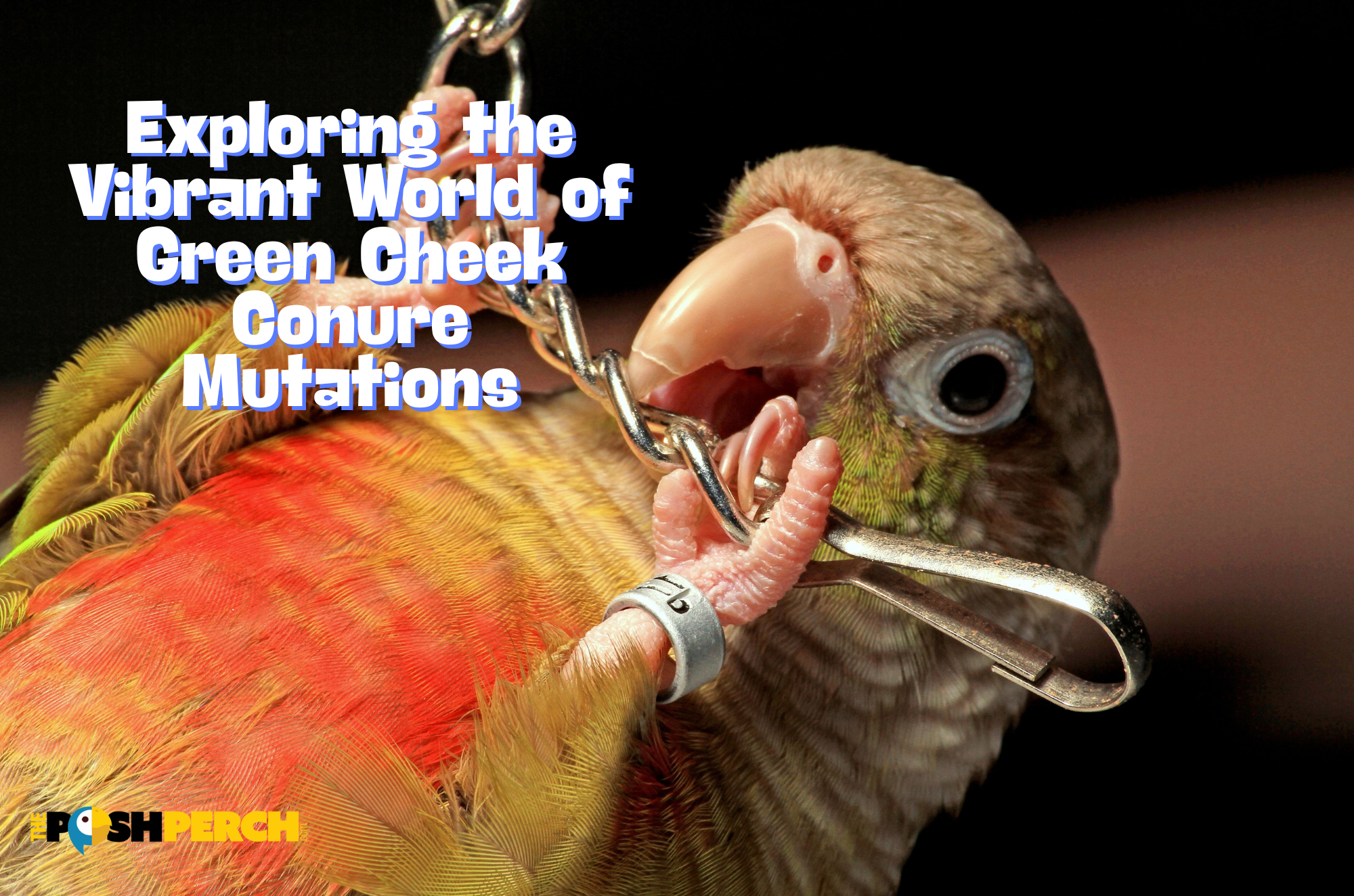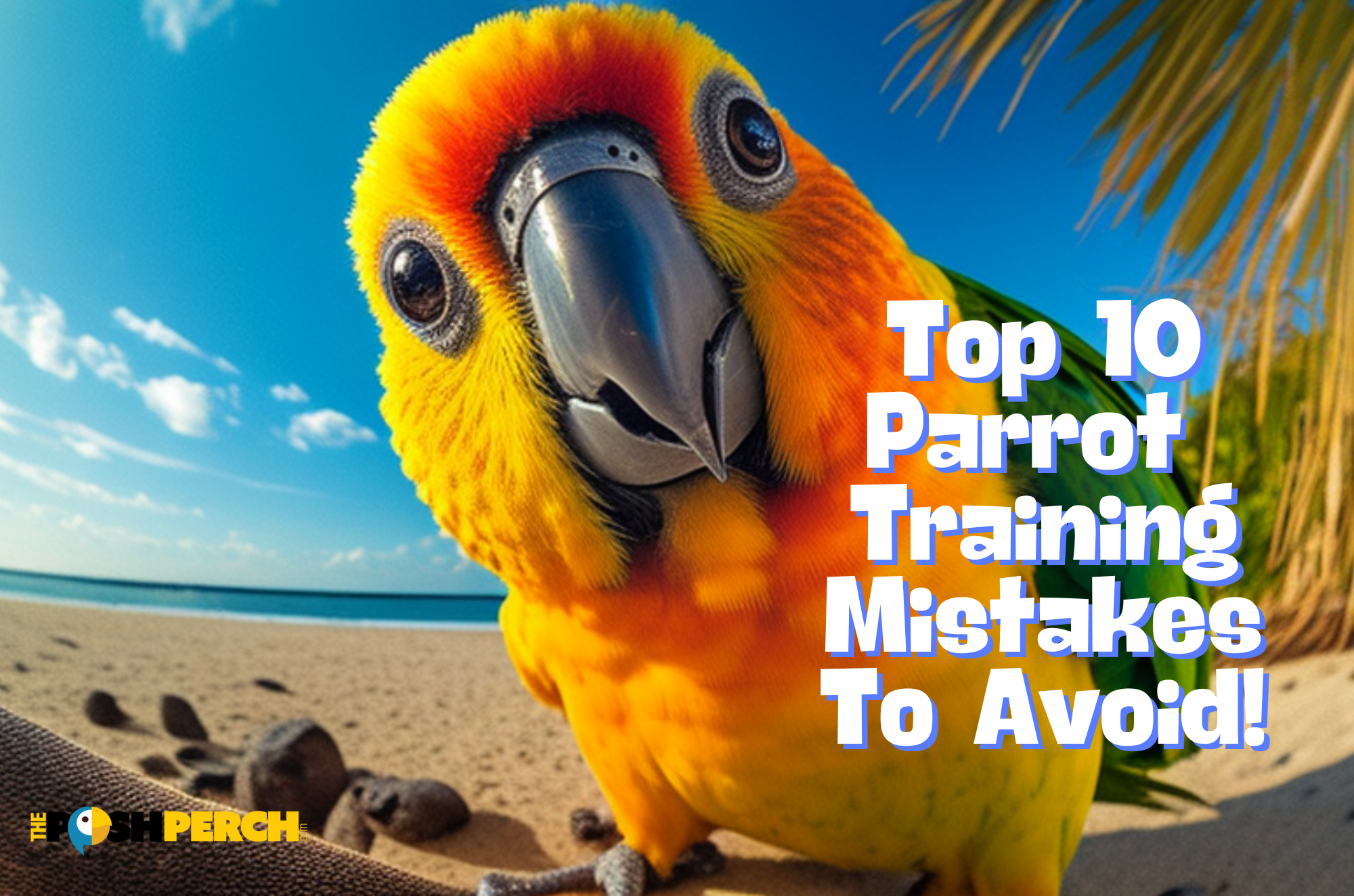
How to Handle a Parrot Exhibiting Aggressive Behavior
5 min reading time

5 min reading time
Parrots are intelligent and social creatures, but they can sometimes display aggressive behavior, including biting. Handling a parrot that is biting or showing aggressive behavior requires patience, understanding, and strategic intervention. Here’s a comprehensive guide to help you manage and mitigate aggression in parrots.
Parrots may exhibit aggression for various reasons, and identifying the root cause is crucial in addressing the behavior effectively. Although specific triggers can vary, some common factors include:
Ensure that your parrot has a safe and comfortable living space. Avoid sudden changes to the environment and provide plenty of enrichment activities like toys and perches to keep your parrot engaged.
Spend time observing your parrot to identify any potential triggers for their aggressive behavior. Look for patterns in their actions and note any specific situations or objects that seem to provoke aggression.
Building a strong bond with your parrot is essential. Spend quality time with them each day, using positive reinforcement techniques like treats and praise to reward calm and friendly behavior. Avoid forcing interactions if your parrot seems fearful or resistant.
Reinforce good behavior with rewards. If your parrot remains calm or allows you to handle them without aggression, provide a treat or affectionate words. Positive reinforcement helps to condition your parrot to associate good behavior with positive outcomes.
Punishing a parrot for aggressive behavior can often exacerbate the problem. Physical punishment or yelling can increase fear and stress, leading to more aggression. Instead, focus on redirecting negative behavior and rewarding positive actions.
Training can help modify your parrot’s aggressive tendencies. Use simple commands and consistent training sessions to teach your parrot desirable behaviors. Clicker training, for example, can be particularly effective with parrots.
Schedule regular veterinary check-ups to rule out any medical conditions that might be causing pain or discomfort. A healthy parrot is less likely to exhibit aggressive behavior.
If your parrot is aggressive in specific situations, gradually desensitize them to the trigger. For instance, if they are territorial about their cage, start by sitting near the cage and offering treats, gradually moving closer over time.
Ensure your parrot gets enough social interaction with both humans and other birds if possible. Socialization can reduce anxiety and aggression. Introduce new people or birds slowly and in a controlled manner.
If your parrot’s aggressive behavior persists despite your efforts, consider seeking help from a professional bird trainer or avian behaviorist. They can provide personalized strategies and interventions to address your parrot’s specific issues.
Handling a parrot that is biting or showing aggressive behavior can be challenging, but with patience and the right approach, you can create a harmonious relationship with your feathered friend. Understanding the root causes, using positive reinforcement, and ensuring a safe environment are key steps in mitigating aggression and fostering a loving bond with your parrot.
Do you have a parrot that bites? Of course you do they all zip a little. Check out our Funny Bitten Signs


